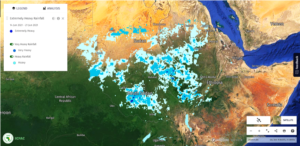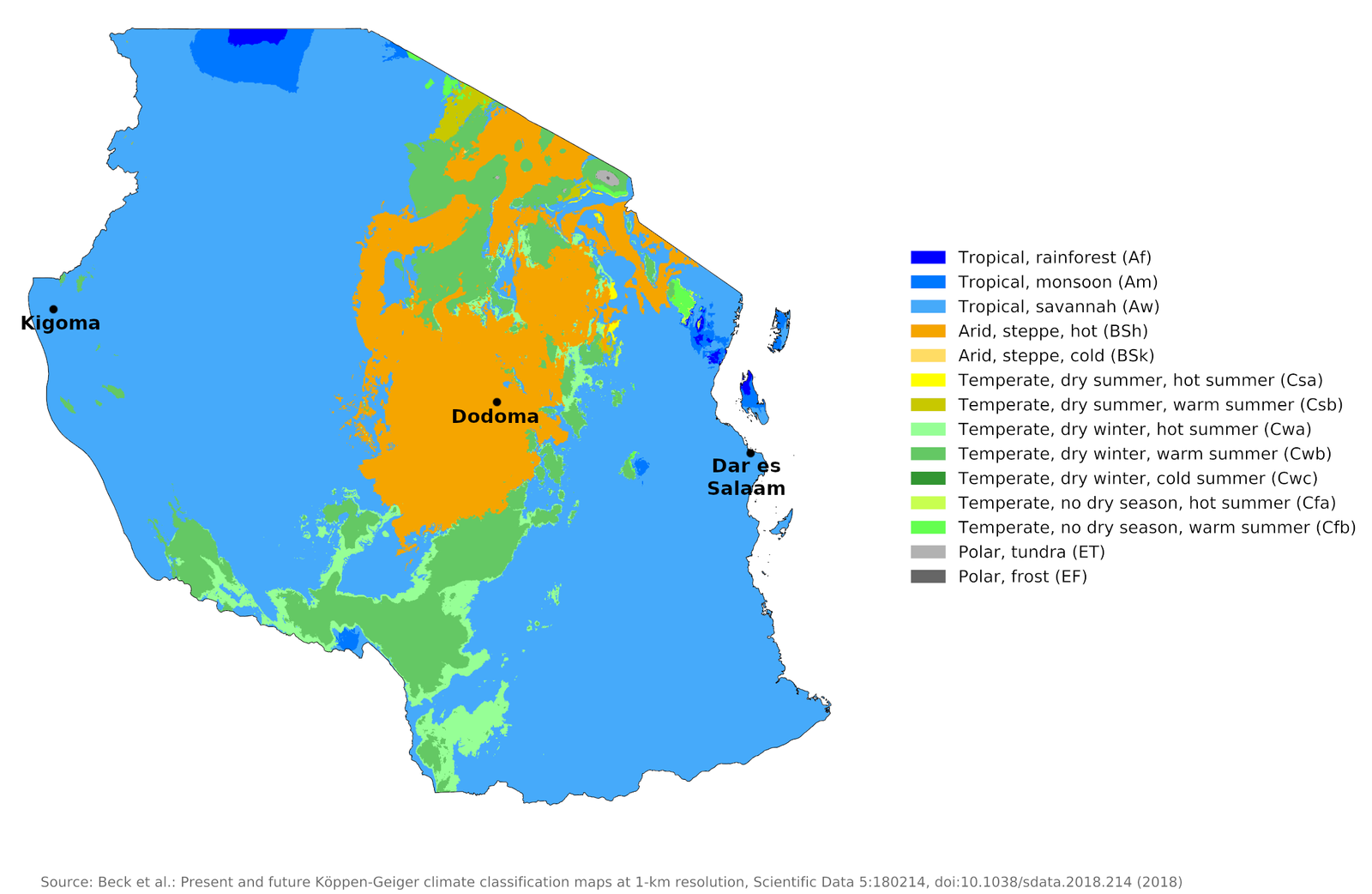The Tanzania Meteorological Authority (TMA) has issued a nationwide alert as temperatures soar in various regions, particularly in areas with bimodal rainfall patterns.

The agency urges residents to take precautions as the heat wave continues to affect daily life and health.
Meteorologists say the unusually high temperatures are largely caused by the sun’s overhead position, which occurs seasonally when it moves south toward the Tropic of Capricorn. This natural phenomenon is compounded by reduced rainfall, leading to hotter-than-normal conditions across many parts of the country. A similar pattern is expected to recur in February when the sun shifts north toward the Tropic of Cancer.
Record Temperatures Across the Country
Recent reports from meteorological stations highlight the intensity of the heat:
- Moshi (Kilimanjaro region) recorded a high of 35.7°C on 21 November, exceeding the long-term average for November by 4.2°C.
- Ilonga (Morogoro) registered 35.5°C, while Morogoro city saw 34.5°C, marking significant increases over historical averages.
- Ibadakuli (Shinyanga) experienced 33.6°C, and Dar es Salaam recorded 33.2°C on multiple days in November.
The surge in temperature is affecting daily routines, with residents feeling the heat more intensely due to higher relative humidity, especially along the coast. Moisture evaporation from the Indian Ocean amplifies the perception of heat, creating conditions that can pose health risks such as dehydration, heat exhaustion, and heat stroke.
Also Read; Mining Firm Highlights Commitment To Safer Tailings Systems
TMA predicts that rainfall will return in December across many parts of the country, particularly in regions governed by the bimodal climate system. These rains are expected to bring some relief from the extreme temperatures, cooling the environment and supporting agriculture in affected zones.
The authority encourages citizens to monitor daily forecasts, follow safety advice, and take measures to protect themselves during peak heat periods. Recommendations include staying hydrated, avoiding direct sunlight during midday hours, and remaining vigilant in areas with high humidity.
TMA emphasizes that keeping informed about weather developments is essential for safeguarding public health, agriculture, transport, and daily life. The alert highlights the importance of understanding seasonal patterns and preparing for natural variations in climate.







